Sound Off: It's Time to Accept That Body Positivity Is for Fat and Skinny People
Published Sept. 21 2023, 11:22 a.m. ET
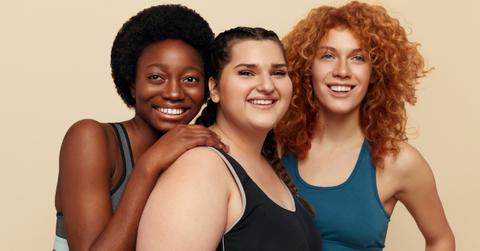
The Gist:
- Body shaming has wreaked havoc on folks of all shapes, sizes, and ethnicities over the years.
- The body positivity movement has tended to focus on people of larger sizes and many voices aren't heard.
- The movement should be inclusive and support people of all sizes and ethnicities.
It’s no secret that the emergence of social media has played a role in how detrimental body shaming can be. In the early 2000s, sites like Facebook and Twitter — birthed in 2004 and 2006, respectively — showed how easy it is for folks to create anonymous identities and wreak havoc on folks of all shapes, sizes, and ethnicities. While we all know that no one is safe from being body shamed, there has always been a focus on how fat people are affected.
Truth be told, if we look at most of the leaders and voices in the body positivity movement, many of these people are of larger sizes. While it’s great to see these people speak up for themselves and individuals who look like them, it has caused the body positivity movement to feel like a skinny, white woman’s mission, as opposed to an inclusive one. It’s time to wake up and smell the coffee.
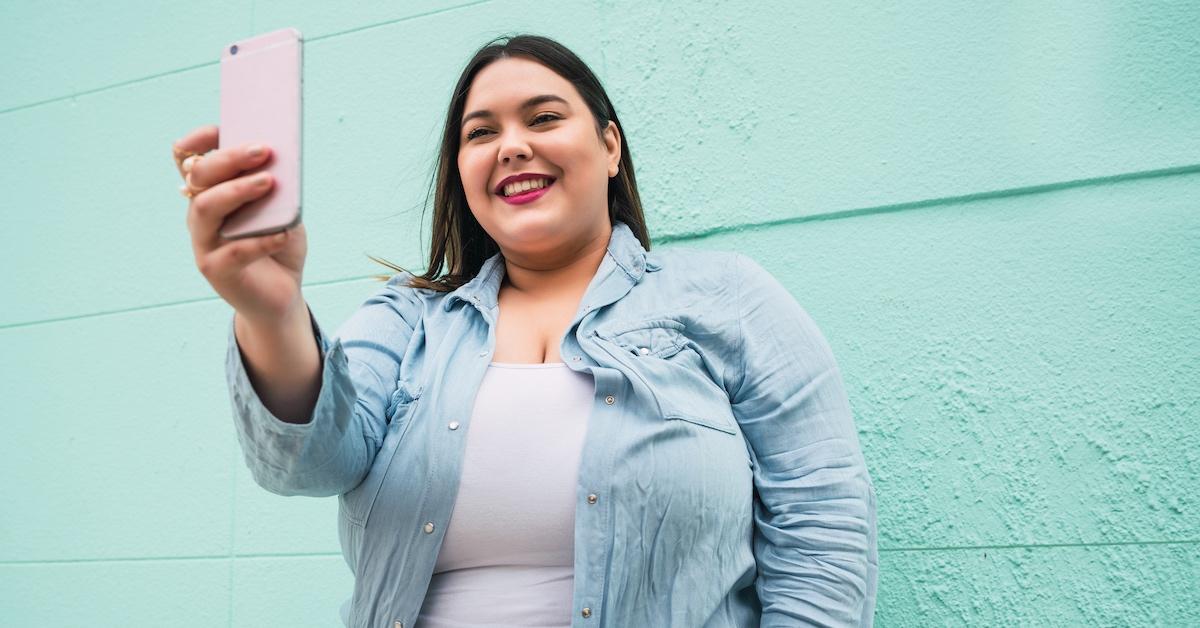
Body positivity describes inclusion, but Black women of varying sizes have been left out of the conversation.
If you take a scroll through social media — from Instagram to TikTok — body positivity content typically has a white face. Although there are plenty of Black women who champion the movement, their voices are often unheard.
Of course, there are some women, from the likes of Lizzo to influencer Simone Mariposa, who use their platforms to make their voices heard. However, I’d be remiss not to address that Black women of smaller sizes tend to be MIA as far as the topic is concerned.
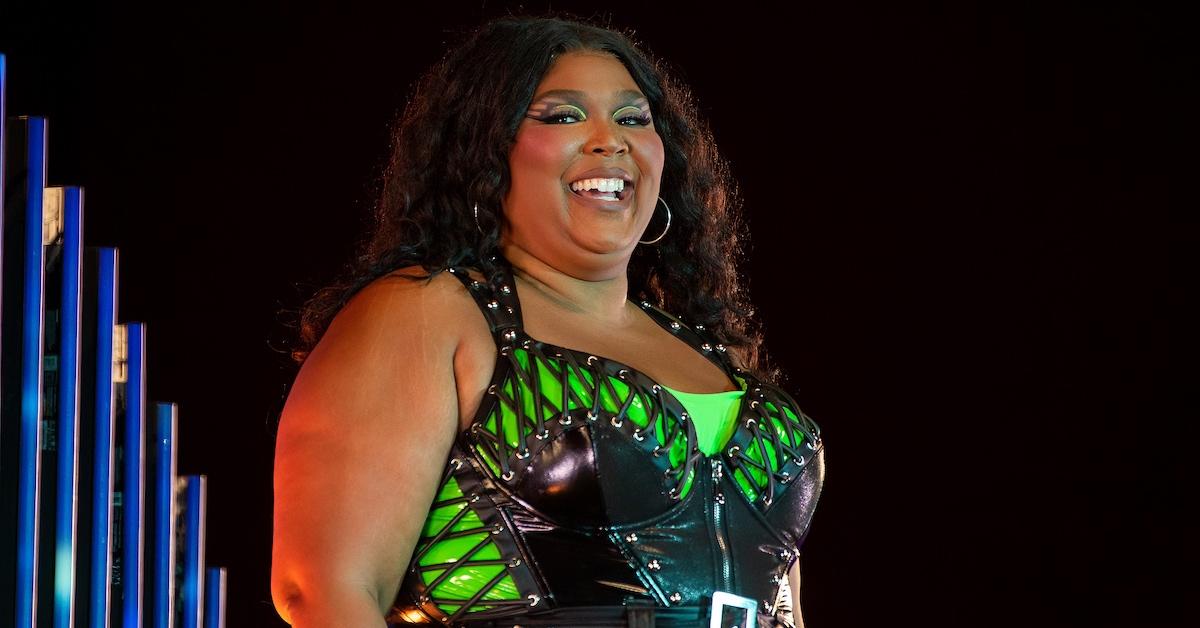
By description, body positivity is understood to be a social movement that champions the respect of all bodies — skinny to fat — being deemed acceptable despite societal standards that say otherwise. With that in mind, there is no reason why smaller-sized Black women are not part of the conversation on a larger scale.
So many women who fit this demographic have often been open about their struggles with body image over the years, including rapper Coi Leray. Ever since the femcee stepped on the scene, she has had to deal with harsh criticisms about her small frame.
“I’ve dealt with the body shaming situation, honestly, my whole career,” Coi says to Eddie Francis for Apple Music 1’s The Plug Radio. Shout out to all the slim women out there. I feel like I actually paved the way in the music industry for a slim woman to just finally be accepted, honestly, after a very long time.”
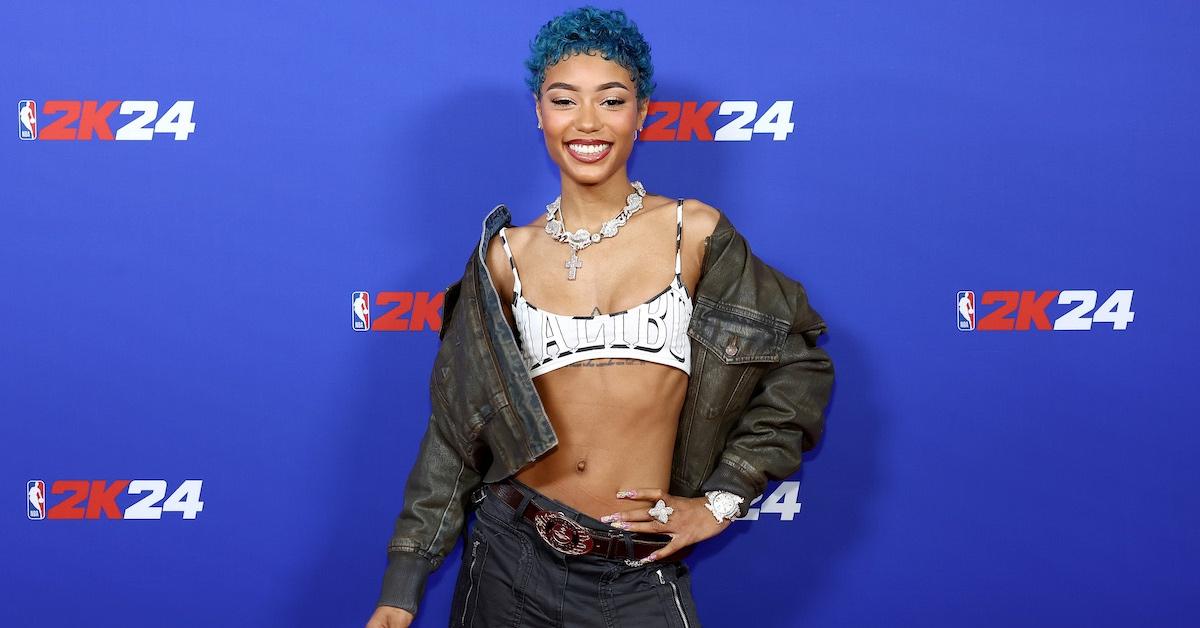
Truth be told, Coi’s plight with body shaming is known due to her celebrity status, but there are everyday women like Coi who deal with the same struggle that's overlooked regarding the promotion of the body positivity movement.
Will the body positivity movement continue to highlight full-figured people?
Truth be told, only time will tell. However, it’s important to reiterate that bodies come in various shapes and sizes. And while folks who consider themselves full-figured often deal with discrimination and harsh criticism, it’s a similar experience for folks on the other side and in between.
Social media has shined a light on the fact that a woman can have what many consider to be a desirable body and still be ridiculed. For example, Megan Thee Stallion often receives hate for being a tall woman with small hips, Lizzo is consistently dragged for being fat, Coi is criticized for not opting for a BBL or breast implants, and Nicki Minaj is body-shamed for gaining a few pounds. The list goes on.
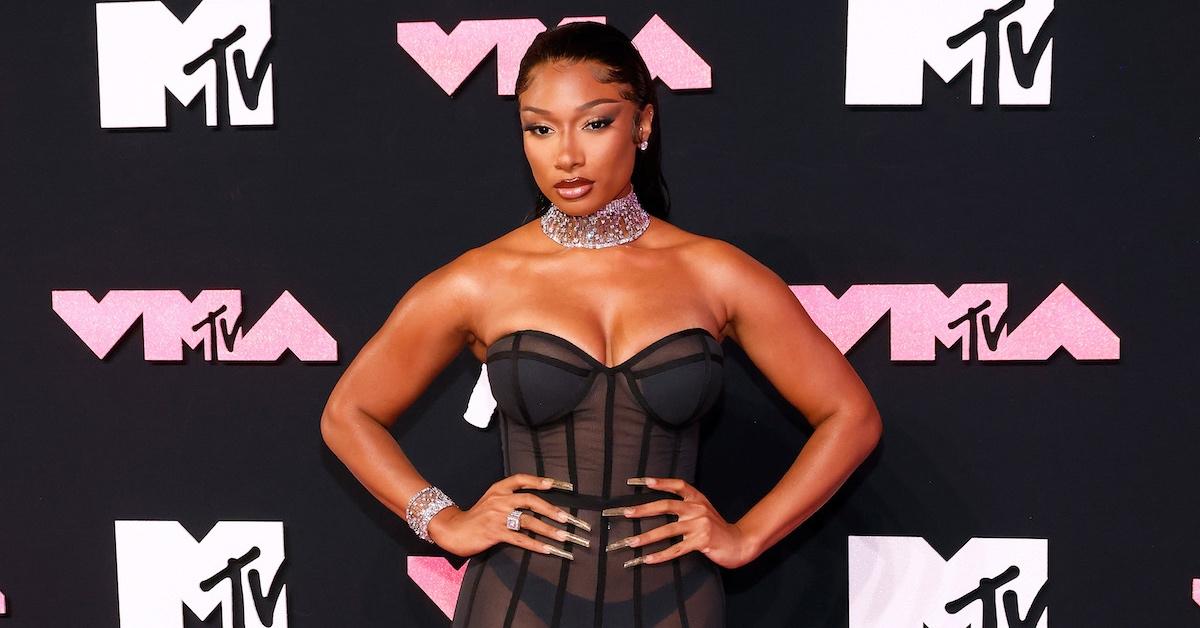
With that in mind, it’s time for folks in the body positivity space to come together to praise all bodies. As the saying goes, I am my sister’s keeper. It’s time to uplift and celebrate each other for our differences and the beauty in it.